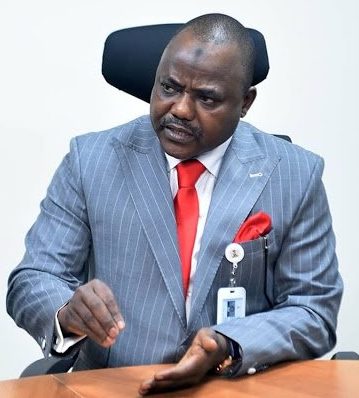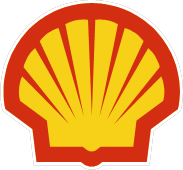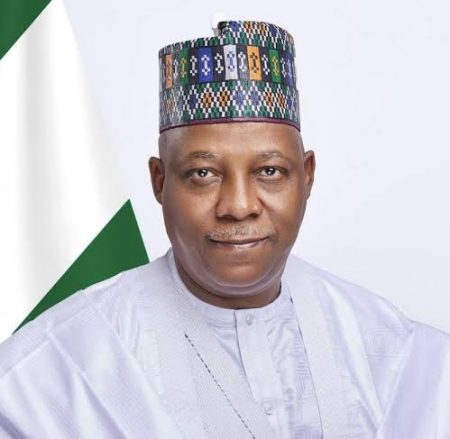
*Creates additional non-performing loans for banks
Lagos — Indications are that the revocation of eleven marginal oil field licenses by the Department of Petroleum Resources, DPR under the guise that the affected fields had been left fallow may have imperiled investments valued in excess of $470 million, exposing the operators to litigation both at home and abroad.
The affected oil fields and their operators include: Atala operated by Bayelsa Oil/CEPL; Dawes Island operated by Eurafric; Ofa operated by Independent Energy; Ke operated by Del-Sigma/Xenoil; Ororo operated by Guarantee/Owena; and Ekeh operated by Movido.
The other affected fields and their operators are Akjepo operated by Sogenal;, Tsekelewu operated by Sahara/Africa Oil; Tom Shot Bank operated by Associated/Dansaki; Oriri operated by Goland and Ogedeh operated by Bicta.
In a letter to President Muhammadu Buhari these operators pointed out that the issuance of the instant revocation letters jeopardises the investment of several State Governments, Nigerian entrepreneurs and their foreign technical partners, and immediately creates additional Non-Performing Loans (NPLs) for the local banks.
Nigerian banks are already grappling with huge exposure to the energy sector with attendant impact on the country’s fragile monetary system.
“Not only are the actions of the DPR at complete variance with the Marginal Field bid guidelines and the duly executed Farm-out Agreements, we are extremely concerned that the DPR has chosen to pursue such a course of action in the midst of a global economic crisis with its resultant impact on the Nigerian economy at large, and in particular the primary economic contributor thereto, being the oil and gas sector.
“The revocation of the licenses will certainly lead to litigation against the Marginal Field Operators by foreign partners and banks who have financed the development of the Marginal Fields, in addition to sending the wrong signal to both Foreign and local investors” the operators stated.
The operators explained that they were neither contacted by the DPR nor afforded an opportunity to make any representation before letters revoking their licenses were issued on the 6th of April 2020.
“We have conservatively invested over US$ 400 million in developing the affected fields, with a number of them in production, whilst others are in various advanced stages of development including testing of oil wells, drilling of new wells, construction of production facilities, etc.
These investments were made despite low crude oil prices, militancy and insecurity in the Niger Delta region, resulting in frequent shut down/ vandalization of crude export pipelines.
The operators noted that the Federal Government has championed the development of local content in the upstream oil and gas Industry, adding that the marginal field programme was envisioned to promote the development of indigenous exploration and production capacity.
The operators appealed to President Buhari to direct the DPR to withdraw all letters of revocation with immediately and direct the Department to grant all pending approvals to enable marginal field to continue with the execution of their field development plans.
The operators disclosed that they had instituted legal action against the revocation, adding that ‘thereafter, we had interaction with the minister of state for petroleum resources who advised us to withdraw our matters from court so that we can have meaningful discussions. Based on that the cases were withdrawn from court’.
“Following the assurances from the minister of state for petroleum we withdrew our cases from court. Even the Director of DPR gave the same assurances on live television but these govt functionaries have not called for any meetings and we have received feedback that the DPR and the ministry of petroleum resources are in the process of reassigning the affected fields to new interests.
“Clearly, this is another attempt to do to us what they tried to do to Addax Petroleum.”
The Director of the DPR could not be reached for a reaction at the time of filing this report.
However, a senior official of the DPR who did not want his name in print noted that the Department acted on instructions from the Ministry of Petroleum Resources, adding that the circumstances surrounding the revocation was rather unusual.



